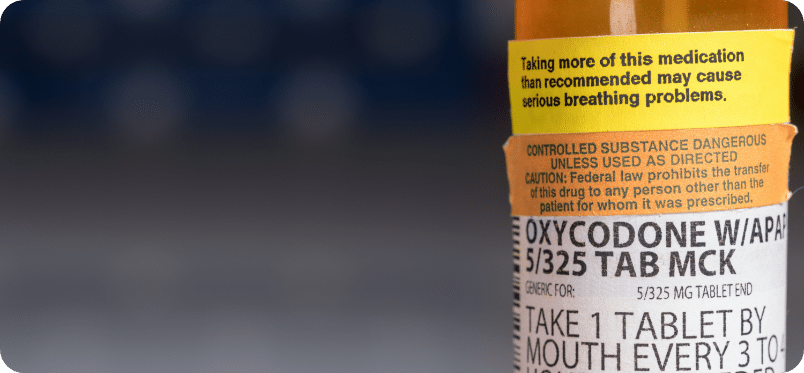The opioid epidemic is not a new problem.
The opioid crisis has been building over many years due to a general misunderstanding of the dangers of opioids.
The accessibility of opioids in our community stems from several issues. Overprescribing of opioids, meaning more medication was given than was actually needed, can lead to opioids remaining in homes. Many people keep opioids on hand for future use, or “just in case”. When opioids are left in the home, they are more likely to be misused or used for reasons other than what they were prescribed.
Currently, there are initiatives in place to advocate for improved prescribing practices and informed communication between prescribing physicians and patients. These collaborative efforts aim to reduce the amount of opioids that are going into our communities. Groups such as physician offices, pharmacies, and community groups are working to educate the public on appropriate opioid dosing, storage and disposal methods.
Why we feel it’s important to educate on this topic
Educating youth about the opioid epidemic is key to combating the crisis. Everyone, including young adults, has a role to play in understanding and educating peers that opioids are dangerous and prevalent in our communities.
In the past, a common technique for educating youth about sensitive topics has been the use of fear, or scare tactics. We have learned that it isn’t helpful to teach “Just Say No.” Instead, youth want information and real life facts so they can make their own informed decisions. Not educating does not make it go away, our aim is to provide a reliable source for accurate facts and tools for prevention.
How can students, teachers, and parents impact their communities
Everyone should feel empowered to combat the opioid epidemic. Some steps may seem small or insignificant, but each one makes a positive impact on families, social circles, or communities.
- Understand that opioids are prescribed for specific reasons and have a purpose in medical care. It is important to follow the guidance and instruction of your physician. Dosing instructions should be followed carefully and medication must be stored safely and securely in its original container. To prevent misuse, opioids should be safely disposed of when no longer needed.
- Think about social groups and potential sources of peer pressure: promote choosing friends who are like-minded and will who respect decisions to not misuse any substances. Surrounding yourself with people you feel comfortable with and trust is vital. Peer pressure to use drugs may come from a variety of sources. It’s important to discuss a plan of what you want and don’t want to do, and how you will communicate how you feel.
- Educate others and spread awareness about the dangers of opioid use and misuse. There are many resources and community groups available that provide information, education, materials, and support that you can use to help take a stand against opioid misuse.
